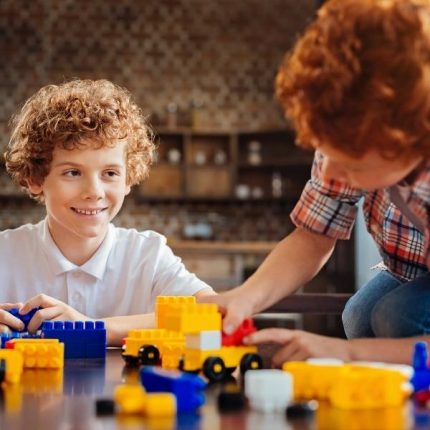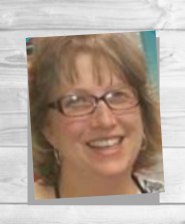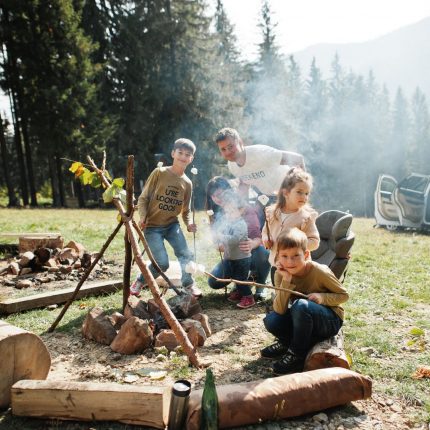
How to Homeschool with the Unschooling Method
February 24, 2020The unschooling method is based on the teachings of John Holt. Holt was a modern educator and author who came up with the word: Unschooling. He pinpointed problems with the traditional school system. When a popular commercial for 7-Up called themselves the “uncola”. Holt thought that his philosophies of education should be identified as “unschool”–something completely unlike the traditional school model.
Unschooling is Child-Led Learning
“Learning is not the product of teaching. Learning is the product of the activity of learners.” ~John Holt
Unschooling is another holistic method for how to educate a child. Unschooling does not mean unteaching nor does it mean unparenting. It doesn’t mean that there’s no education or no learning. Just that school is not a required component for learning.
Many of us accept that school is the normal, and therefore essential to learning. It can take some time to let go of preconceived notions and ideas about education. Rethinking how learning actually works is called Deschooling.
The foundational principle of unschooling is that human beings are natural learners. Children are infinitely curious and do not need to be forced to learn. They will naturally learn what they need to when they need to.
Readiness is a key aspect of unschooling. When the child is ready, they can master concepts very quickly. The way that seedling sprouts when its ready or an egg hatches when its ready, so will a child’s curiosity.
Education is not just about learning about the world around us. Education is also about self-discovery. The child is trusted to direct the learning.
Curriculum Not Required
No one can say, “Here is Biology, here Mathematics, here Philosophy.” No one can point to Physics, or show us Chemistry. In reality no dotted lines divide History from Geography or Physics from Chemistry, or Philosophy from Linguistics, and so on. ~John Holt
Many unschoolers never pick up a textbook. It’s not required. But, it is allowed if the student chooses to utilize a textbook or other curriculum materials to learn.
Tests and grades are also not important to unschoolers. Students often forget what is learned after the test. So is that really learning?
Unschoolers spend their time on meaningful and practical projects. They utilize libraries, community centers, local professionals and experts to assist in their learning.
There’s more to life and learning. Developing character qualities and overall well-being are also the goals. After all, we’re not human doings. We’re human beings.
Learning is a Lifestyle
“It’s a most serious mistake to think that learning is an activity separate from the rest of life, that people do it best when they are not doing anything else and best of all in places where nothing else is done. ~John Holt
Unschool method believes that learning occurs anywhere, not only in designated spaces. Learning takes place anytime, not just at designated times. Learning happens in living life, not necessarily presented in specific sequential order.
Children learned to walk, talk, potty train, and more before entering school. Adults continue to learn past high school graduation too. Learning is a lifelong pursuit.
Unschoolers create an environment that encourages learning. Strewing is the method for introducing the child to new learning opportunities. Books, games, kits and other items are left scattered around where the child can find them. This sparks interest in new subjects or inspires greater depths on familiar topics.
We learn something new every day. It’s actually very difficult to go a single day without learning anything. Unschoolers have an annual holiday (or challenge) to try to go a day without learning anything. Read more about Learn Nothing Day here.
Example of an Unschooling Day
Every unschooler’s schedule is different and will follow the interests of the child for that day.
- Mornings: Children wake up when they are rested and decide for themselves what they would like to do that day. Some unschooling parents give their children a list of chores to do and suggestions for different activities for the day. Many unschooled children establish goals for themselves and work with their parents to set up a schedule that will help them achieve that goal.
Each day will be different. One day, the child may be hungry to learn new spelling words, so they will do spelling first thing in the morning. On another day, the child may be excited to set up a special science experiment and may run to the kitchen first thing to begin their project. Unschooling parents have a tendency to leave educational materials out for their children to“discover”— they may leave the microscope out on the kitchen table, or a new book on the coffee table, or a new cookbook in the kitchen. They direct their children’s learning by stimulating the child’s interest in a particular project or subject. - Afternoons: Many unschoolers spend their afternoons out in the community; volunteering at the library, working at a part-time job, or taking private lessons. Unschoolers have a tendency to pursue their interests passionately and in-depth for a time and then move on to their next interest. They also have a tendency to stay up late, engrossed in a good book.
Podcasts About Homeschooling Methods
Is the Unschooling Method right for you?

Kim Andrysczyk – Volunteer Contributor
Kim Andrysczyk is a secular homeschool veteran, homeschool group leader, coffee addict, sarcasm expert, and an accidental blogger. She’s the self-appointed busybody of homeschooling in South Carolina, always on the lookout for new connections to people, places, and resources. Find her at The South Carolina Homeschooling Connection and Facebook. View Kim’s contributed articles here!
Latest Posts

As homeschooling continues to grow in popularity, more parents are taking on the challenge of providing a comprehensive education that not only meets academic standards but also prepares their…
Read more >
June has come and gone, and summer is in full swing! Whether you're traveling this summer or staying close to home, we hope you're enjoying this time with your family. We wanted this month's…
Read more >
Summer is an all-around favorite season for most people. In the U.S., it’s even more exciting for many of us since we get to celebrate Independence Day! The Fourth of July is a wonderful…
Read more >

